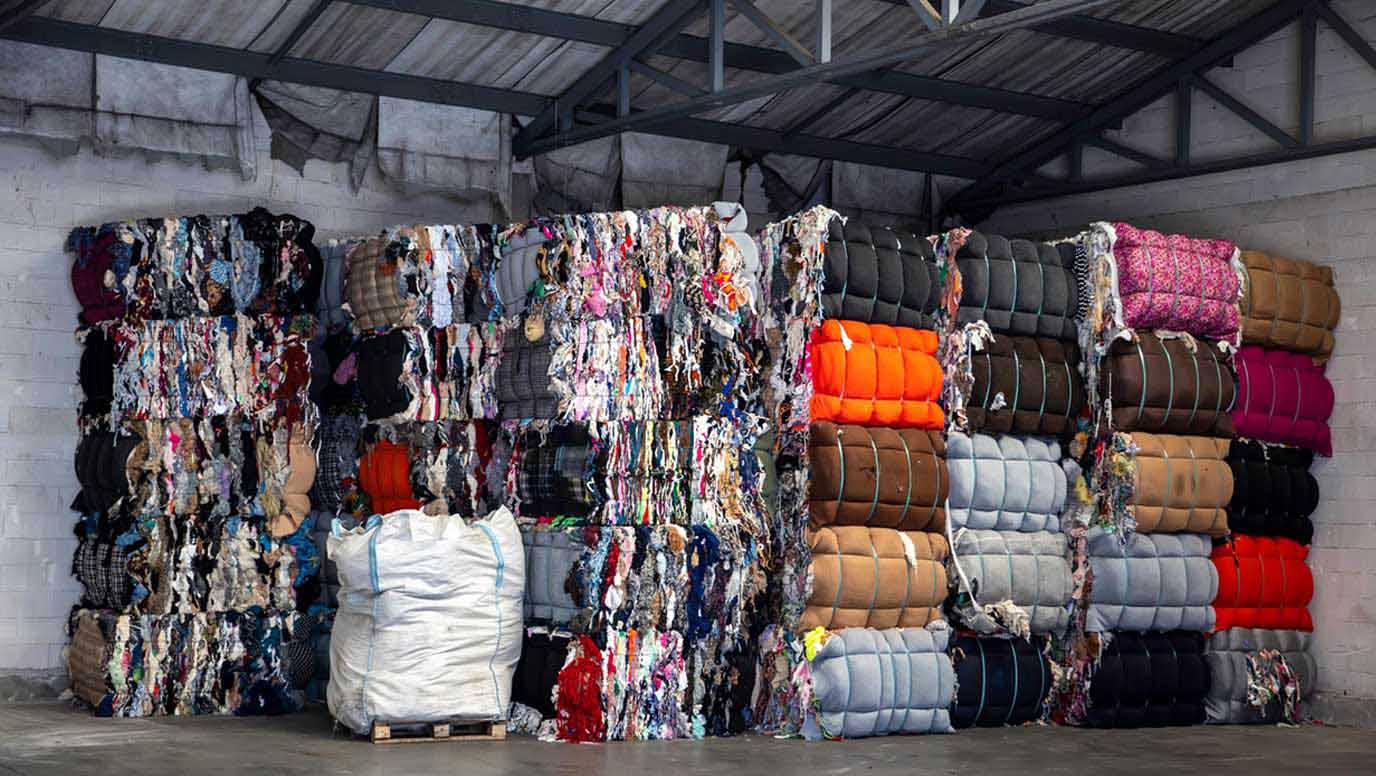Evoralis textile recycling revolution could unlock $560bn opportunity

The round was led by LIFTT S.p.A with co-investment from Backbone Ventures and circular economy-focused investors Circular Plastics Accelerator and Archipelago Ventures, and Parkwalk Advisors, the University of Cambridge, as well as angel backers. CPI has successfully converted a loan into equity and acquired shares in the business.
A spin-out from the University’s Hollfelder Lab, Evoralis is based in Cambridge and specialises in the discovery and development of plastic-depolymerizing enzymes. It harnesses a unique ultrahigh-throughput screening platform based on microfluidics to discover and refine enzymes capable of breaking down complex plastics into their constituent building blocks.
This platform, which accelerates enzyme screening by up to 1,000 times compared to traditional methods, is regarded as a game-changer in the pursuit of an economically viable circular economy for textiles and plastics.
The textile industry is at a critical juncture, with global fibre production nearly doubling over the past two decades to 109 million tonnes in 2023 much of which is not, and cannot be, recycled.
The challenge of recycling mixed and blended fibres is immediate and pressing; Europe alone generates around six million tonnes of post-consumer textile waste annually, with 60 per cent of clothing sold today containing fossil-based plastic which cannot easily be recovered using existing methods of recycling.
Evoralis is addressing this challenge with its technology which will offer a viable solution for recycling over 80 per cent of textiles, including those composed of mixed and blended fibres containing plastic.
Evoralis’ revolutionary approach will enable the separation of different materials within textiles, and has the potential to unlock a $560 billion economic opportunity.
The company’s platform has already attracted attention from major fashion retailers, who have engaged Evoralis to develop enzymes specifically for recycling nylon and polyurethane – two of the most difficult synthetic polymers to recycle.
Daniel Kaute, CEO of Evoralis said: “We are thrilled to have the support of LIFTT and our other investors as we take this crucial step forward in transforming textile recycling.
“This funding will enable us to further develop our enzyme technology, making it possible to recycle textiles and plastics that were previously deemed unrecyclable. Our vision is to create a world where waste is a resource, and this investment brings us closer to making that vision a reality.”
Fatima Kranc, Investment Manager at Cambridge Enterprise Ventures, added: “We are delighted to be part of Evoralis’ seed round investment. This aligns with our ongoing commitment to supporting University of Cambridge founders in bringing innovative solutions to market.
“Evoralis’ work with enzymes for bio-recycling textiles is an exciting development and adding them to our sustainability portfolio is an important leap forward.”


